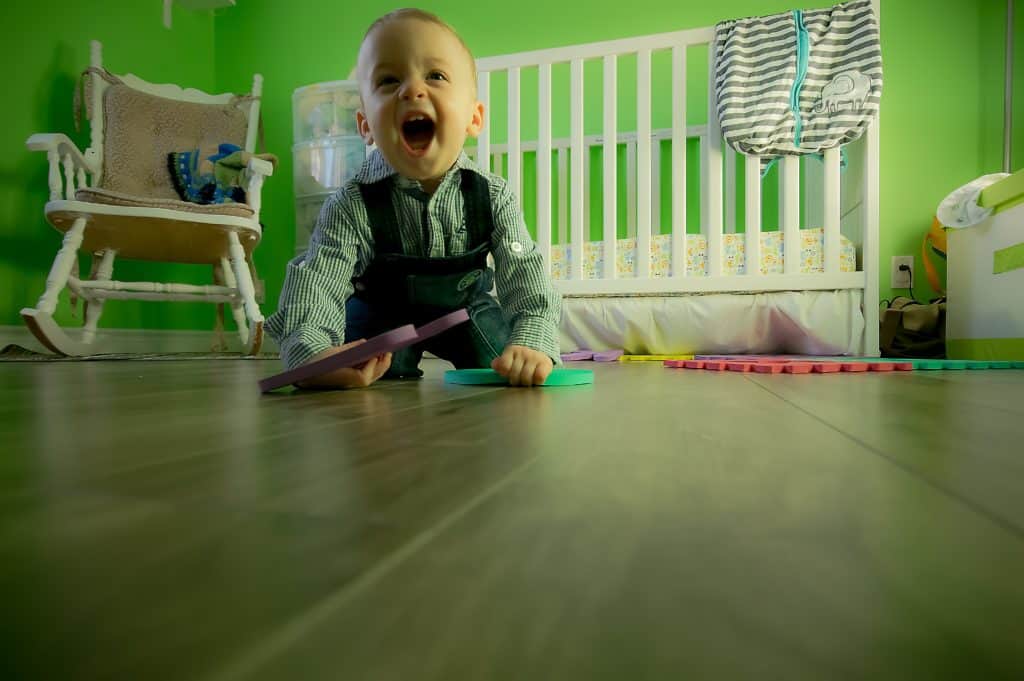New research discovers no connection between infants sleeping through the night and their cognitive development.
The study authors followed 369 babies at 6 and 12 months of age, and looked specifically at infant sleep patterns alongside mental and motor growth. They measured who slept through the night via a parent-administered questionnaire while having each child complete a 60-minute assessment of developmental play tasks.
Authors found no relationship between consecutive sleep and mental or motor development. In other words, infants who woke up in the middle of the night didn’t have additional problems with cognitive, language, or motor development versus babies who slept soundly.
Note: The content on Sleepopolis is meant to be informative by nature and shouldn’t be taken as medical advice, nor should it replace the advice and supervision of a trained medical professional. If you feel as though your child is suffering from serious sleep issues, please see your healthcare provider immediately.

If the Bough Breaks, the Cradle Will Fall…
In case you didn’t know “Rock A Bye Baby” had three verses, the final lyrics of this popular nursery rhyme are: Eyes are shut tight, now sound asleep, until morning light.
While most parents might want their young child to stay asleep until dawn, this study suggests there is no cognitive harm done to babies who don’t. Moreover, what makes this study particularly interesting is it’s one of many that has investigated links between sleep and cognitive growth — all of which have revealed conflicting results.
For example, a study of 117 children in the U.S. found limited relationships between consecutive sleep consolidation and social-emotional functioning, while an analysis of 1,351 Brazilian babies revealed no connection between shut-eye and developmental outcomes. On the flip side, scientists studied 50 infants in Israel and discovered a significant relationship between fragmented sleep and lower mental development, and research from New Zealand found positive connections between snooze efficiency and cognitive growth. Oof.

So — To Sleep or Not to Sleep?
That surely is the question. Dr. Jodi Mindell (Director of Graduate Psychology at Saint Joseph’s University) wrote a response to the study and spoke with me over email, suggesting this lack of consensus is likely because researchers are using different ways to measure similar outcomes while studying infants from various regions of the world that have different sleep cultures.
Yet, Mindell also believes we might not be investigating the right thing. She explains:
“The biggest takeaway for me from these types of studies is the need to step back and consider in what ways sleep does matter. These prior studies have all looked at long-term cognitive development — basically does sleep at one point of time affect how smart a baby will be later in life? There are so many things that affect long-term development, such as genetics, nutrition, and parent-child interactions. For me, what matters just as much, or even more, is does sleep affect next day functioning.”
While there looks to be no conclusion on this one, Mindell says parents should still do everything in their power to help their children sleep through the night. Providing a cool and quiet bedtime atmosphere — with a good mattress to boot — ensures a comfy and healthy sleep environment. She personally recommends setting an early and consistent bedtime with a focus on developing self-soothing techniques. This way, everyone can sleep soundly until morning.
